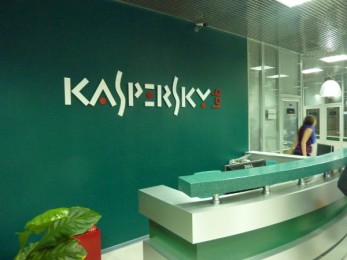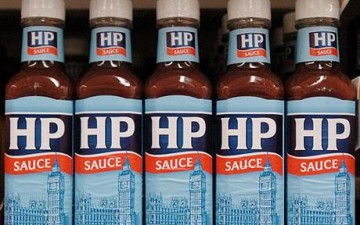 While hardware and software makers are fighting their way into smartcars, it appears that the software king of the world Microsoft is already on-board thanks to its pretty complex partner strategy.
While hardware and software makers are fighting their way into smartcars, it appears that the software king of the world Microsoft is already on-board thanks to its pretty complex partner strategy.
Microsoft’s executive vice president of global business development at Microsoft Peggy Johnson claims that now that carmakers see their cars as technology platforms, and they are choosing Microsoft as their partner.
Volvo, Nissan, Harman and IAV announced new details about their partnerships with Microsoft to enhance their connected car strategies and they joined Toyota, Ford, Qoros, Delphi, and other companies already working with Microsoft, Johnson said.
Johnson said that the big idea is to bring their cars into the mobile-first, cloud-first world. Soon apparently your car will be connected to the Internet, as well as to other cars, your mobile phone and your home computer.
At CES, Volvo showcased new concepts that integrate Microsoft Band 2 with a Windows 10 smartphone and the Volvo on Call Universal App, creating new ways for customers to interact with their vehicles. From the new Microsoft Band, a Volvo owner can press and hold the action button and say, “Volvo, start the heater of my car,” among many other options.
Harman has integrated Microsoft Office 365 productivity suite capabilities into Harman infotainment systems. Drivers will be able to access Office 365 services and interact with them through intelligent personal assistant software to schedule meetings, hear and respond to important emails, and make Skype calls when in park, or when on the road in autonomous vehicles.
IAV will use Windows 10 Continuum to stream Windows 10 via a mobile device directly to a car’s dashboard, giving drivers access to Windows 10 features and apps such as Cortana, Skype for Business, Calendar, Outlook and Groove Music while the vehicle is in autonomous driving mode or parked. This integration allows drivers to use the devices they already own. Microsoft and IAV will also demo how to use Cortana Analytics and data from a vehicle’s surroundings to improve safety by anticipating and mitigating potential vehicle and pedestrian accidents.
Nissan and Vole will announce that all Nissan LEAF and Infiniti models in Europe will have Connect Telematics Systems (CTS) powered by Microsoft Azure.
Johnson claimed Automakers are choosing Vole as their connected car partner to help them transform the consumer experience with a platform for intelligent cars that complements their own strategies and ambitions.
“With this partner focus, we’re able to leverage our cloud-based intelligence technologies, productivity services and tools, and even personal assistant technologies like Cortana in a neutral manner,” she said.
“We’re able to strike the right balance between using data to create both intelligent and personal experiences, while helping maintain privacy and security. We’re able to create more natural, human computing interfaces. And, we’re able to develop and deploy secure platforms and infrastructure to enable innovation on top of existing systems,” Johnson said.
 While Oracle has been blasted by the Campaign for Clear Licensing for its Byzantine approach, two Oracle user groups have backed it.
While Oracle has been blasted by the Campaign for Clear Licensing for its Byzantine approach, two Oracle user groups have backed it.


















